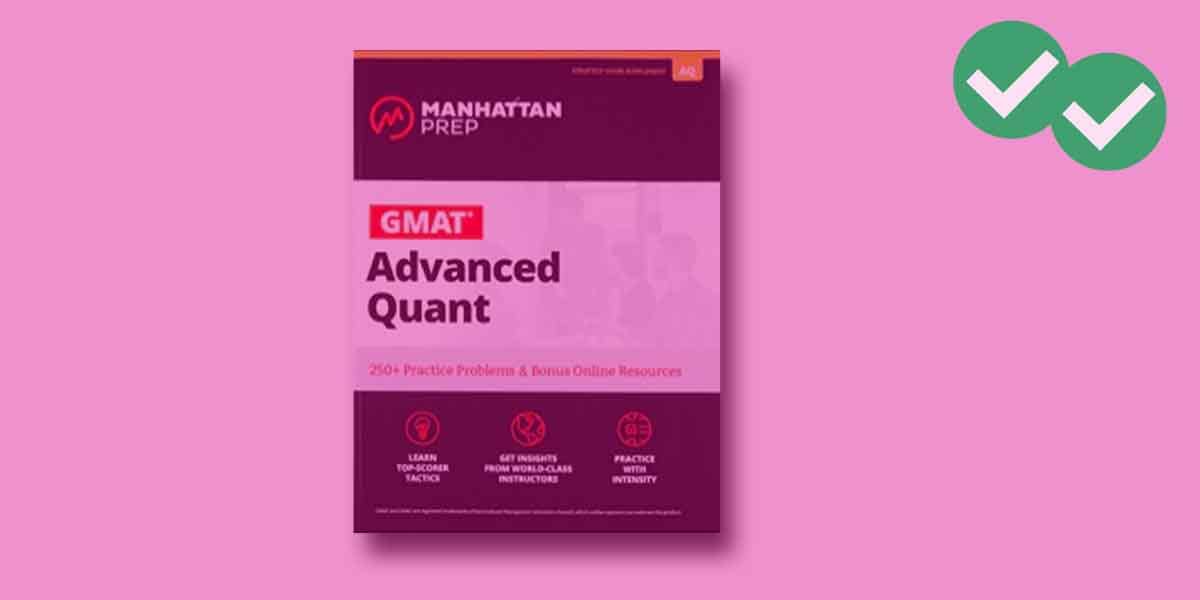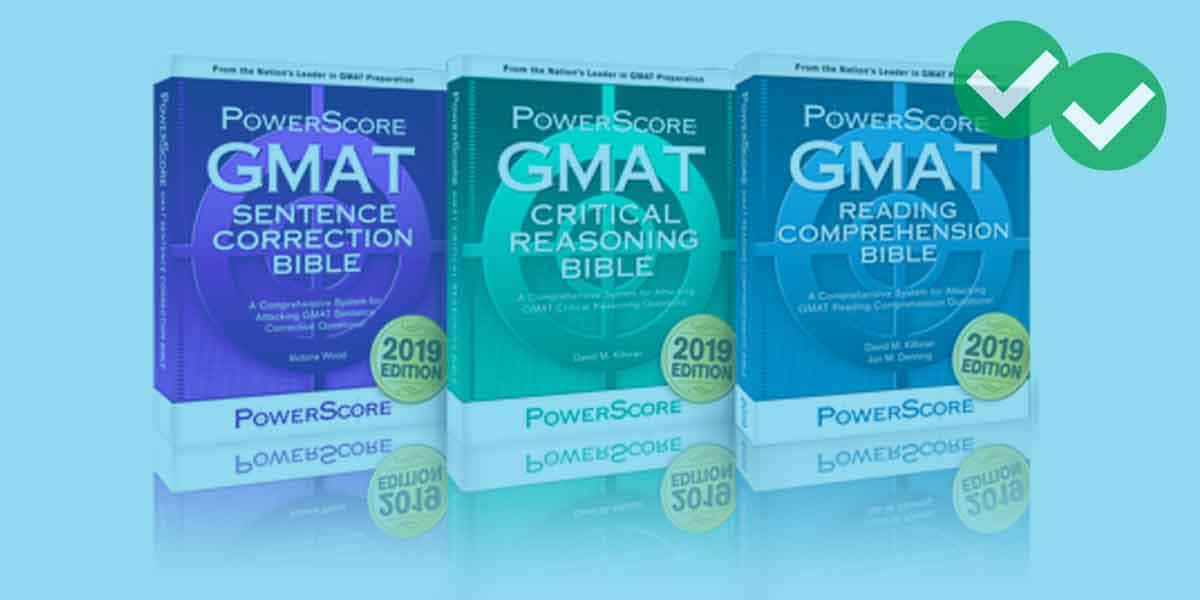Overview
MGMAT has compiled what is most likely the most thorough, in-depth, and rigorous approach to GMAT Quant. Ever. Does that mean using this GMAT book will help your math score soar? Most likely, yes. In fact, if you diligently work through the guides (Guide 1: Number Properties, Guide 2 Fractions, Decimals & Percents, Guide 3: Equations, Inequalities, & VICs, Guide 4: Word Translations, and Guide 5: Geometry) you can become a GMAT Quant machine.
But there is an ‘if.’ The MGMAT math books are not for the complete beginner. Information is dense, and I can see the GMAT neophyte losing heart. He or she would be much better served by Kaplan, which does a good job of holding a student’s hand, so to speak, to about the 600-level. Kaplan also provides a good overview of the test. MGMAT is so vast that one can feel at sea. For instance, where exactly is an introduction to Data Sufficiency?
Of course, if you are already are pretty decent in Quant than you might want to dispense completely with Kaplan and use only MGMAT. Not only will you get this book in conjunction with the Official Guide (and I really like how there are sections offering “rephrased questions” from the Official Guide), but you will also have access to MGMAT’s CAT exams, which help you apply the concepts covered in these guides.
The Guides
The overall quality of the five guides does not differ enough to warrant a review for each guide. MGMAT does an effective job, hewing to the format of introducing strategies with sample problems and then ending each chapter with exercises.
The breakup between the books is sound, though again, a special section dedicated to Data Sufficiency, regardless of concept, would be helpful. The Geometry book could have been a little less slim. But this critique simply reflects how high MGMAT has raised the bar with these guides. Kaplan, by contrast, doesn’t even come close to 100-pages in Geometry.
Pros
- Each chapter delves into the quant concepts you have to know for the GMAT.
- Helpful exercises following each chapter help reinforce concepts.
- The organization of the chapters is mostly helpful though—and you can read this in the “Cons” sections—within chapters the information is sometimes a little too dense.
- MGMAT does a very good job of approximating the “flavor” of questions found on the actual exam.
Cons
- There is so much information that many pages seem “busy.” This is not so much a critique as a warning: the MGMAT Quant books are dense, but stick with it and you will learn many, many valuable insights into the GMAT Quant section.
- Not for the total beginner, or even the somewhat beginner. If you fall into either category, MGMAT as a Math Foundations books and/or use Kaplan.
- Some of the tables seem a little unwieldy. While following these tables will get you the right answer, doing so will most likely take you longer than other methods.
- An introduction/overview to Data Sufficiency would really help those new to the test.
Overall:
If you are serious about doing well on the GMAT Quant, there is no prep book more comprehensive and effective than the MGMAT Quant Study Guides. If you are just starting off, then Kaplan could be more helpful. But once you’ve had a month studying under your belt, the MGMAT Quant guides are a must.





